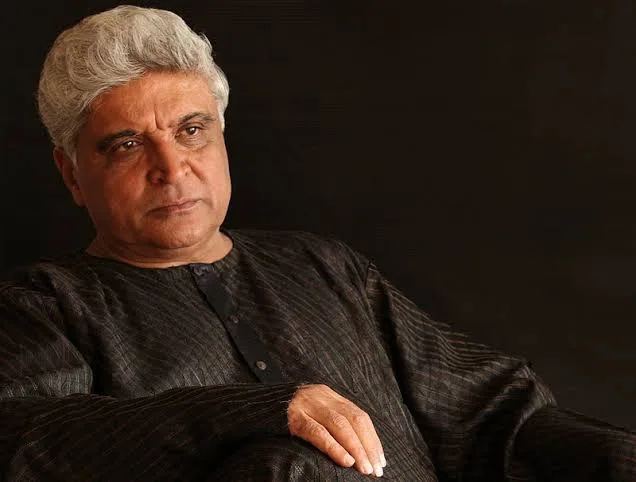Known for his sharp wit and fearless opinions, veteran screenwriter and lyricist Javed Akhtar has often taken on online trolls with the same force he uses to pen iconic dialogues. Whether it’s backing Indian cricketer Mohammad Shami during the recent roza controversy or condemning the Pahalgam terror attack, Akhtar doesn’t shy away from making his stance clear on X.
Speaking to PTI at a FICCI-organised conference titled “IP and Music: Feel the beat of IP”, the 80-year-old artist admitted that both friends and family often urge him to avoid engaging with trolls. “Yes, absolutely. Even my friends say, ‘Let it go. You’re above all this’. And forgive my immodesty, I do feel that way most of the time. But sometimes, you have to get off the pedestal and let people know they can’t take liberties. And if they do, they’ll get it back in the same coin,” he said.

Akhtar, who has chaired the Indian Performing Right Society (IPRS) since 2017, also addressed the long-standing issue of artists not receiving their rightful public performance royalties. He stressed the need for government intervention to ensure the law is implemented effectively. “There are lakhs who don’t pay royalties. We can’t take each of them to court—that’s not feasible. The government needs to create enforceable rules that make these payments mandatory,” he urged.

He added that while various political parties and ministries have shown empathy for artists, the challenge lies in execution. “You’ve made a fantastic law, but it’s not working on the ground. We need to go back and show what’s going wrong,” he said.

As two of his iconic films, Sholay and Deewar, celebrate 50 years since their release, Akhtar reflected on their enduring cultural impact. Asked why these stories continue to resonate across generations, he admitted that such magic can’t be planned. “Some works stay in public memory. Why these films? I don’t know. If I did, I’d do it again and again. They’ve become a part of Indian culture, referenced in stand-up shows, films, political speeches—everywhere.”
He concluded, “There’s no real definition of charisma. It just happens. And then we try to justify it. But honestly, it’s beyond logic. The dialogues, the characters—somehow they entered people’s hearts and stayed there. That’s not something you can predict when you’re writing. It’s something you realise only decades later, when people are still quoting your words like everyday expressions. That’s when you understand the power of storytelling.”

